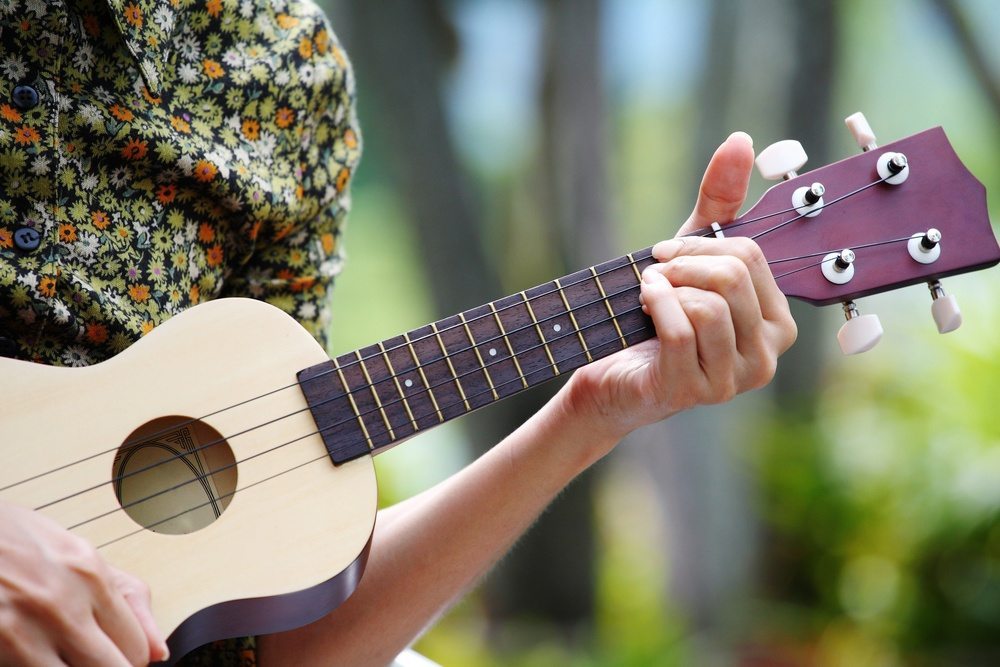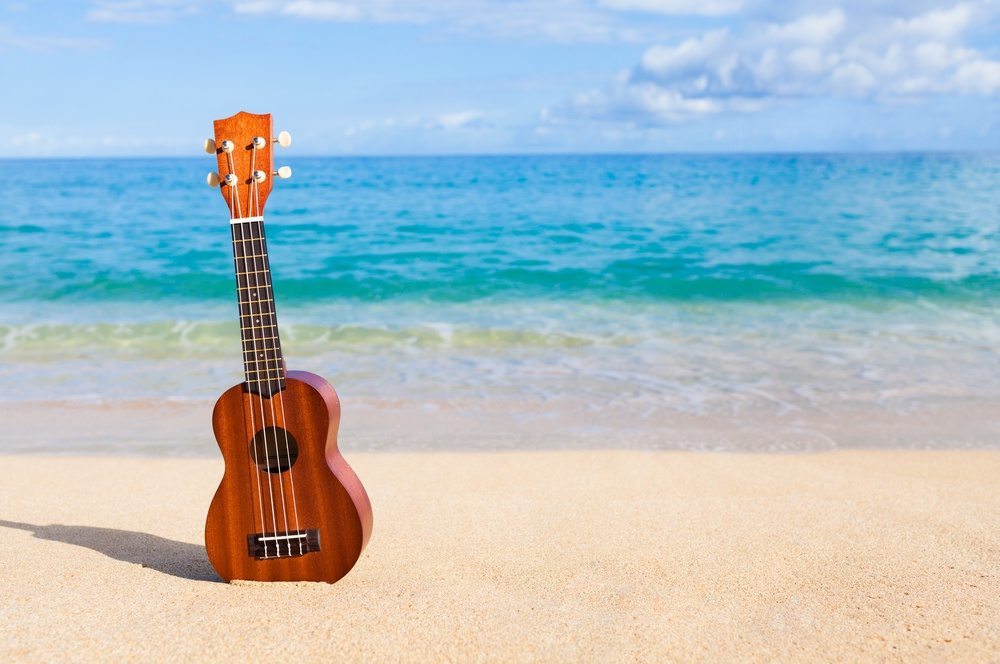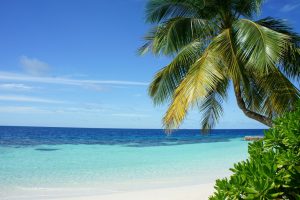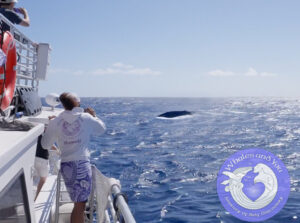Hawaii is full of history; from the history of hula dancing to the history of surf. There’s so much to take in while you’re here. One of the familiar sounds that you’ll hear while on your Hawaii vacation is the ukulele. Easy to learn but difficult to master, the ukulele is perhaps Hawaii’s most popular musical instrument. Without it, there’s definitely something missing! Let’s find out why millions of music lovers over the past 125 years have learned to appreciate this four-stringed instrument.

It’s all in the name
Like many other great American inventions and creations, the ukulele was introduced to Hawaii by immigrants. In the summer of 1879, when the Ravenscrag arrived in Honolulu carrying more than 400 Portuguese immigrants, these people brought with them a new instrument that looked like a “taro-patch guitar”. Old anecdotes have it that a man named Joao Fernandes began playing folk songs from his homeland right on the wharf, eager and grateful for finally landing in Honolulu. The crowd of Hawaiians who witnessed Fernandes’ impromptu playing really marveled at how his fingers jumped like fleas all over the fingerboard and were so impressed with this lighthearted, lyrical instrument. Thus, the Hawaiian name came to be as they called the instrument “ukulele,” which translates to “jumping flea.”
Down to business
These “strange instruments”, which local Hawaiians classified as a kind of cross between a guitar and a banjo became more and more popular as Portuguese musicians began playing nightly concerts throughout the streets of Hawaii. With this popularity came the business idea to make ukuleles to sell. The Portuguese trio of Augusto Dias, Manuel Nunes, and Jose do Espirito Santo made the first commercial ukuleles and began to sell them in their shops throughout Honolulu in 1886. Later in 1916, Samuel K. Kamaka, a young local Hawaiian, had returned from his travels on the mainland as a musician, and begain to make ukuleles for personal use. He stuck with it because of the popularity of the ukulele, which gave rise to his first and only business venture in the town of Kaimuki.
Hometown melodies
The ukulele wasn’t just popular on the streets – it was even fit for royalty, with King David Kalakaua being an eager enthuiast. This immediate acceptance of Hawaii’s royal family solidified the ukulele in Hawaiian culture as we know it today. You can’t go to a luau, party, or music festival without hearing this beautiful sound. And speaking of festivals, you’ll have to check out a Ukulele Festival held at various times throughout the year on different islands. Right here in Kapiolani Park in Waikiki the event includes an ukulele orchestra composed of hundreds of children and is just amazing to see! If you’re lucky enough you will have to see Jake Shimabukuro, who is recognized as Hawaii’s ukulele virtuoso, with lightning-fast fingers and an innovative style.

From the west to the east
If you’ve got a love and passion for the instrument, you’ll be surprised to find out that there’s more to ukelele history than what’s here in Hawaii. The Ukulele Hall of Fame Museum in Rhode Island is also a great resource for ukulele-history buffs and music enthusiasts. Founded by Nuni-Lyn Walsh, great-granddaughter of Manuel Nunes, in 1996, the mission of the Ukulele Hall of Fame Museum is to document, preserve, and promote the history of the ukulele. You’ll definitely be inspired to take some lessons after learning about famous ukulele players and makers.
Now that you know a little more about this history of the ukulele, we hope you enjoy a concert or a luau while you’re here in Hawaii. It’s a beautiful sound that will keep that island vibe alive!
![]()













